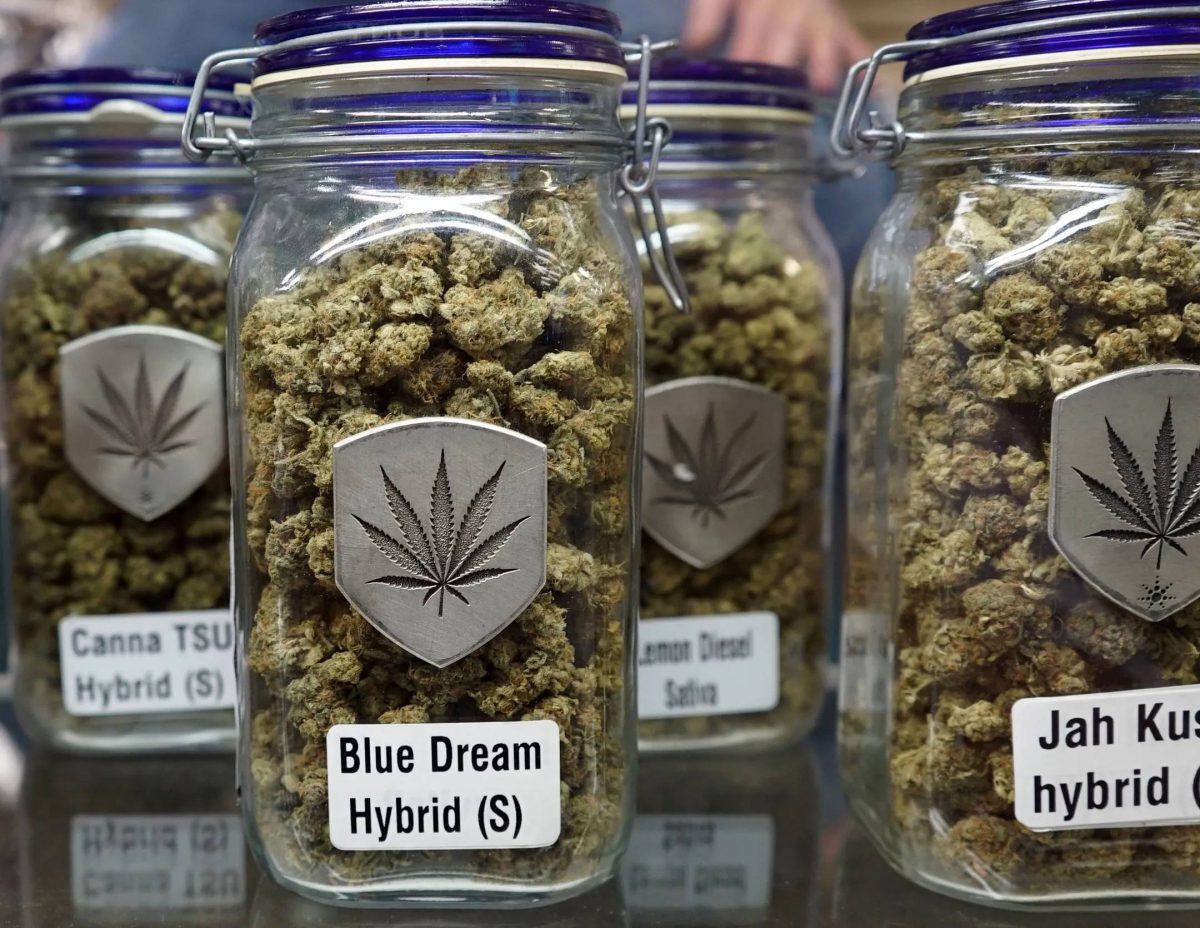Many critics, and advocates of legalization, argue that cannabis is a “gateway drug” that somehow increases the risk of abuse of dangerous, addictive drugs like meth or fentanyl. But weed is far away from this hypothesis. Based on this weak science, prohibitionists have stoked up fears that cannabis legalization would inevitably lead to a spike in hard drug abuse.
If the gateway drug myth were accurate, drug abuse rates would begin to increase after adult-use cannabis became available. Instead, the study shows that the exact opposite is true. Since 2014, the year that Washington began selling legal weed, the “prevalence of past-month alcohol use, heavy episodic drinking (HED), and cigarette use and prevalence of past-year pain reliever misuse decreased,” the study authors explain.
“Contrary to concerns about spillover effects, implementation of legalized nonmedical cannabis coincided with decreases in alcohol and cigarette use and pain reliever misuse,” the study concluded.
The use of booze, opioids, and cigarettes declined over the five-year study period, but young adults’ use of electronic cigarettes increased significantly. As tobacco vaping increased widely throughout the United States during that time, it is hard to conclude that legal weed makes people more likely to smoke tobacco. In fact, one study found that teens who vape nicotine are actually more likely to try pot, not the other way around.
Several prohibitionists have also said legalization would lead to a higher percentage of cannabis use among teens and children, but research has dispelled this myth as well. The use of adult-use weed by teens did not increase after adult-used weed became available in Washington, and other studies have found that use has remained steady or even declined in any state legalizing weed. As a result of the legalization of marijuana, teens in Uruguay and Canada have not started smoking more marijuana.
“Real-world data from legalization states disputes longstanding claims that cannabis is some sort of ‘gateway’ substance,” said NORML Deputy Director Paul Armentano in a statement. “In fact, in many instances, cannabis regulation is associated with the decreased use of other substances, including many prescription medications.”
Also read: Colombia’s avocado boom shows the hidden costs of ‘green gold’
Sign Up NOW in HULU for new episodes, movies, originals & more in their original language. Click to register for free.
Related: Apples are Mexico’s hidden fruit

